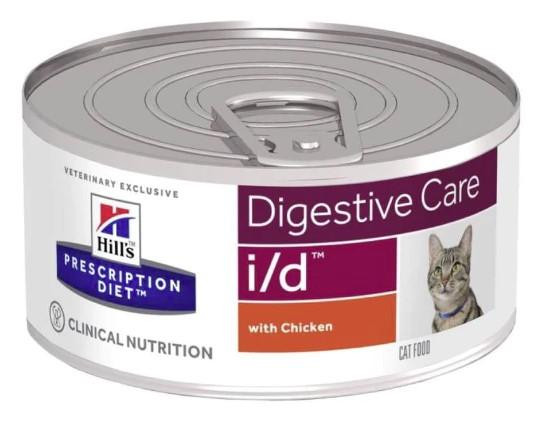Just like humans, pets may experience a wide range of health conditions that can benefit from specific dietary interventions. Prescription pet food, often recommended by veterinarians, offers a customized approach to address the unique nutritional needs of pets dealing with various health issues. In this article, we will explore the significance of prescription pet food, its benefits, the common health conditions it can address, and the importance of consulting a veterinarian when considering this specialized dietary option.
The Significance of Prescription Pet Food
Prescription pet food is formulated to provide precise nutrition that helps manage or alleviate specific health issues in pets. It differs from over-the-counter pet food, which is designed for general nutritional needs. The development of prescription pet food involves extensive research and careful selection of ingredients to support therapeutic goals, which may include managing weight, addressing allergies, or supporting organ function.
Key Benefits of Prescription Pet Food
Precise Nutritional Support
Prescription pet food is tailored to address the unique nutritional requirements of pets with specific health conditions. Whether your pet has kidney disease, diabetes, allergies, or other issues, prescription diets are formulated to provide the necessary nutrients and reduce exacerbating factors.
Therapeutic Formulations
These diets often contain therapeutic ingredients, such as specific levels of protein, carbohydrates, and fats, along with added vitamins, minerals, and antioxidants. These formulations are designed to manage or improve a pet's health by targeting the underlying issue.
Highly Digestible
Prescription pet food is typically more digestible than standard pet food. Enhanced digestibility is essential for pets with sensitive digestive systems, food allergies, or other conditions that affect nutrient absorption.
Improved Quality of Life
By addressing specific health concerns, prescription pet food can help improve a pet's overall quality of life. It may reduce symptoms, discomfort, and the progression of certain diseases, leading to a happier and healthier pet.
Common Health Conditions Addressed by Prescription Pet Food
Obesity
Obesity is a common health issue in pets, leading to various problems such as diabetes, arthritis, and heart disease. Prescription weight management diets are formulated to help pets shed excess pounds by providing a controlled calorie intake, increased fiber content, and essential nutrients to support weight loss.
Food Allergies
Pets can develop food allergies or sensitivities that manifest as skin issues, digestive problems, or ear infections. Hypoallergenic prescription diets use carefully selected ingredients that are less likely to trigger allergic reactions, providing relief to affected pets.
Kidney Disease
Chronic kidney disease is a prevalent condition in older cats and dogs. Prescription diets for kidney health are designed to reduce the workload on the kidneys by providing controlled levels of protein, phosphorus, and other nutrients, slowing the progression of the disease.
Diabetes
Pets diagnosed with diabetes require specialized nutrition to manage their blood sugar levels. Prescription diabetic diets are low in carbohydrates and high in fiber to help stabilize glucose levels and support insulin regulation.
Joint and Mobility Issues
Prescription diets for joint health often contain supplements like glucosamine and chondroitin to support joint function and alleviate pain in pets with arthritis or other joint-related conditions.
Urinary Tract Health
Urinary issues, such as urinary stones or urinary tract infections, can be managed with prescription diets designed to control pH levels, reduce mineral content, and increase water intake to prevent the formation of stones and support urinary health.
The Importance of Veterinary Guidance
While prescription pet food can be highly beneficial for managing various health conditions, it should always be used under the guidance of a veterinarian. Veterinarians are trained to diagnose and treat pet health issues, and they can recommend the most suitable prescription diet based on your pet's specific condition.
Consulting a veterinarian is crucial for the following reasons:
Accurate Diagnosis: A veterinarian can accurately diagnose your pet's condition and determine if a prescription diet is necessary.
Customized Treatment Plan: Veterinarians can create a tailored treatment plan that includes prescription pet food and other treatments or medications, ensuring comprehensive care for your pet.
Monitoring Progress: Regular check-ups allow veterinarians to monitor your pet's progress and make adjustments to the treatment plan as needed.
Preventing Misuse: Using prescription pet food without veterinary guidance may lead to improper treatment or a lack of improvement in your pet's condition.
For More Info:-
Hypoallergenic dog shampoo for itchy skin
buy pet dental treats online at affordable prices






Comments